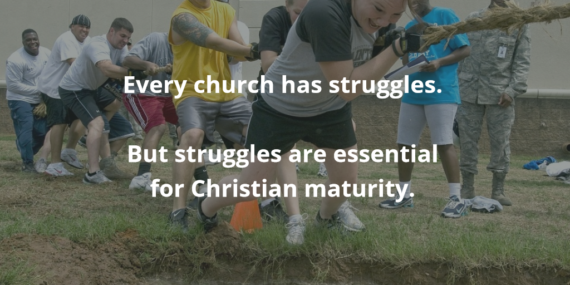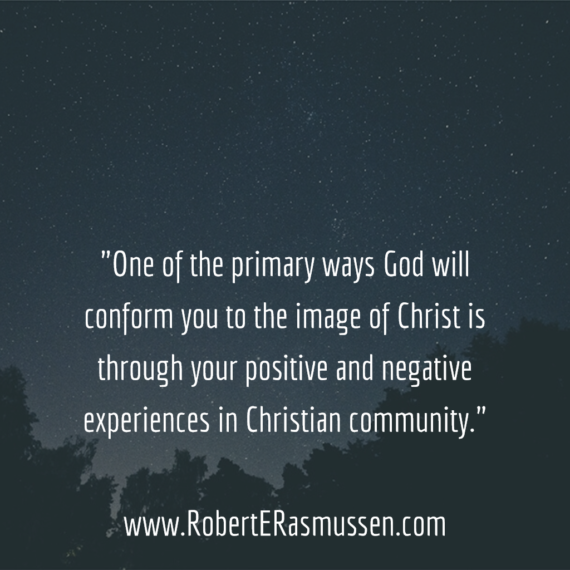As I reflect back on 2020, my heart is heavy because an intruder came into the church — not every single local church, but as a whole. The intruder did not sneak in through a back window. No, we stood and opened the front door with an eager welcome. The unintended result is that we who follow Jesus lost His essence:
Love.
Here is how I see it.
American society spoke, and the church listened. Not just listened. We became publicists for one extreme or the other.
Covid-19 was not the worst virus of 2020. Extremism, intolerance, and shaming poisoned society and church.
It happened in our politics.
It happened regarding race relations.
It happened in cooperating with health guidelines.
We took sides.
We castigated those who differed.
We slandered those who took the other view.
We cut off those who posted too slowly or didn’t use the right hashtag.
Yes, the church forfeited the middle ground. We gave up the voice of reason and tolerance. We lost moderation.
We became revolutionaries for secondary revolutions.
We sold our right to be heard, because we garbled our good news.
Jesus said they would know us by our love.
We are unknown now, because we lost our love
We have little to offer our wayward world. We mimic their voices so accurately that we now have nothing different to say, nothing unique to offer.
We are selling the same rotten bananas as every other stall in the market.
The true gospel is still life transforming, but its beauty is scarcely heard, drowned out by the shrill sirens of our partisanship.
This is not the first time partiality has poisoned the soul of the church.
In Corinth some boasted, “I am of Paul.” Others, “I am of Apollos.”
With Paul, I plead, by the name of our Lord Jesus Christ, that we all speak the same thing, and that there be no divisions among you, but that we be perfectly joined together in the same mind and in the same judgment (1 Cor. 1:10).
There is only one way for all Christians to be united in mind.
And that is to humbly pray and seek the mind of Christ.
The mind of Christ can handle different political candidates.
The mind of Christ can handle difficult conversations and viewpoints on race.
The mind of Christ can handle a range of convictions about health guidelines.
The mind of Christ can tolerate a span of opinions about gun control, the death penalty, welfare, foreign policy, racial justice, immigration, and much more.
Because the mind of Christ can retain unity while not demanding unanimity.
The mind of Christ does not ignore tough issues, does not cancel, unfriend, unfollow, or hide divergent opinions.
The mind of Christ, the gospel, and the church — must wrestle together with how to embrace the one who is different, how to recognize and repent of partiality, how to extend the good, loving, and just kingdom of God on earth.
The mind of Christ always leads us back to surrender our pride and acknowledge our need for His forgiving pardon. He always leads us back to repentance and faith in His sacrificial death on the cross, His burial, and His resurrection.
It’s Christmas time.
As we celebrate the burden of God to be known through the entrance of the divine Son into human experience, let’s remember that He knowingly joined the mess that is humanity.
“He came to His own, and His own did not receive Him.”
Herod was so threatened by the unifying potential of the Messiah that he slaughtered all babies who were agemates of Jesus.
We, too, live in vicious times.
The internet has given us all the opportunity to express ourselves uncensored.
And we are shaming ourselves when we slander each other.
We cast our opinion out to the world, forgetting that we represent Christ and His church.
We are tolerating division even in our own families.
We have permitted strident opinions from the world to gather at our dinner tables and speak their intolerance.
People who do not love our sister or mother, who don’t care about our brother or father — they have selfishly stolen our objectivity and broken our bonds of love.
And they will do it again and again, if we let them.
“But as many as received Him, to them He gave the right to become children of God, to those who believe in His name” (Jn. 1:11-12).
Brothers and sisters, what must we do?
I say we take back our friendships. Let’s take back our families.
Let’s reach out and make new and deeper friendships with people who are different than ourselves, and really listen without a hidden agenda.
Let’s take back the middle ground of civility and mutual respect.
Let’s fight off the thieves who stole our moderation and love.
The Baby is a new beginning.
Time is wasting. The longer we let this foolishness persist, the more chances we have squandered to share life and laughter.
Let’s form the words so absent these days, “I love you, even though I see things differently.”
This could be your last day of life. How do you want to be remembered?
Don’t just be known for your version of the truth.
Be known for your love.



